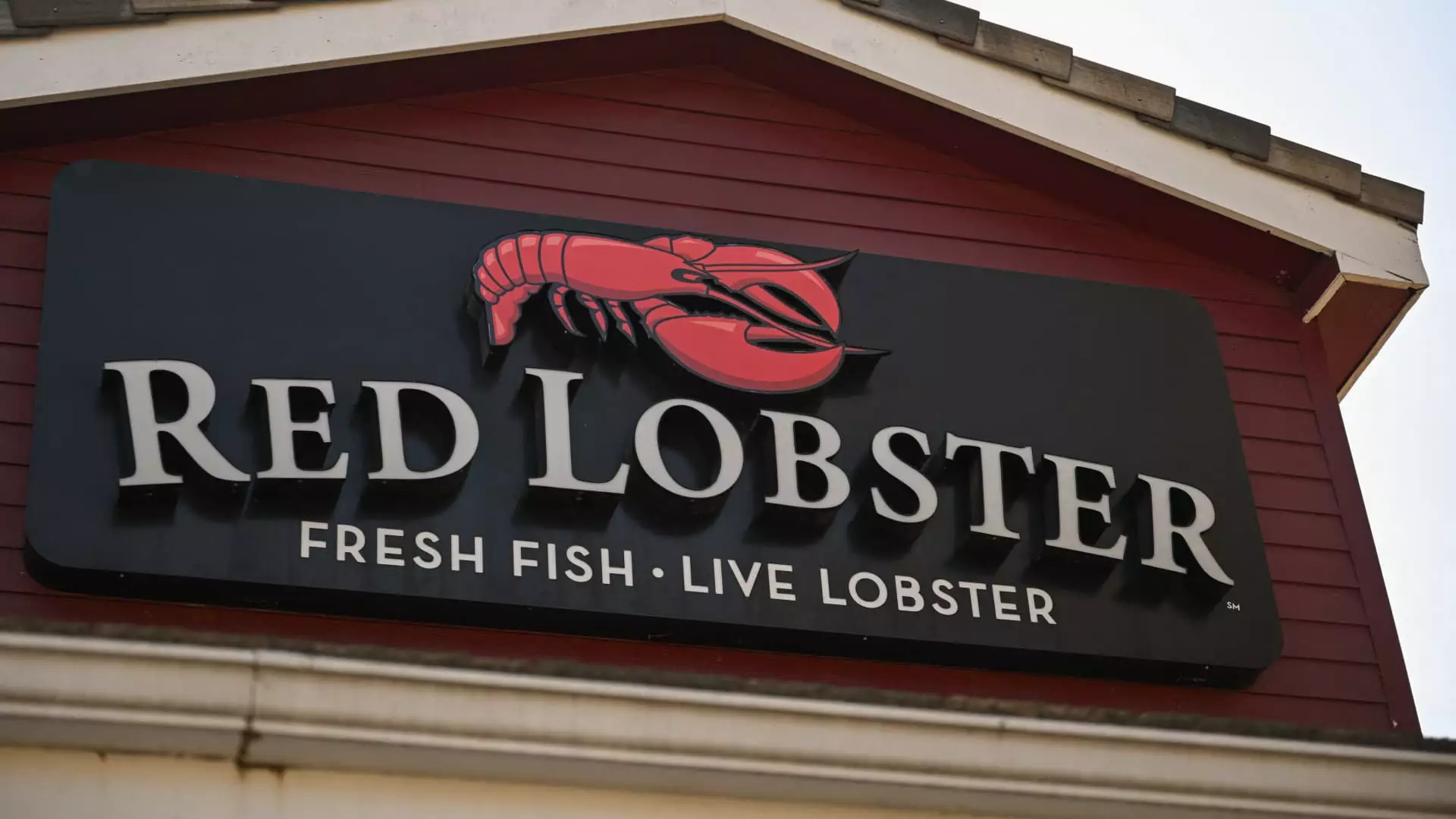Throughout the year 2024, the restaurant industry has been experiencing a significant surge in bankruptcy filings, mirroring the broader rise in corporate bankruptcies across various sectors. This trend is especially noticeable in the fact that at least ten well-known restaurant chains have filed for bankruptcy this year alone. In August, three Chapter 11 filings from notable eatery chains were reported. The increase in bankruptcies has been attributed to a multitude of factors including a reduction in consumer spending, escalating labor costs, and the phasing out of government assistance programs that were implemented during the peak of the pandemic.
Impact on the Restaurant Chains
Several leading restaurant chains, including BurgerFi and Mod Pizza, have found themselves on the brink of insolvency. BurgerFi, the parent company of Anthony’s Coal Fired Pizza & Wings, disclosed in a regulatory filing that there are substantial doubts about the company’s ability to continue operations. On the other hand, Mod Pizza narrowly escaped bankruptcy through a last-minute sale. This dire situation is not unique to restaurants alone, as many businesses across different industries have been grappling with financial challenges, largely due to high interest rates.
According to data from BankruptcyWatch, Chapter 11 filings have surged by 49% this year as of August 20th. This rise in corporate bankruptcies has affected various sectors, with companies like Express, LaVie Care Centers, and Joann Fabrics and Crafts seeking legal protection from creditors. The influence of the ongoing pandemic, coupled with economic uncertainties, has exacerbated the financial strain on businesses, leading to an increase in bankruptcy filings.
Among the ten prominent restaurant chains that filed for bankruptcy protection in 2024, notable names include Roti, Buca di Beppo, World of Beer, Rubio’s Restaurants, Melt Bar and Grilled, Kuma Holdings, Red Lobster, Tijuana Flats, Sticky’s Finger Joint, and Boxer Ramen. These restaurant chains have attributed their bankruptcies to a myriad of reasons including the adverse effects of the pandemic, rising costs, labor challenges, and unfavorable lease agreements.
The impact of the pandemic on the restaurant industry continues to be felt as chains struggle to navigate the evolving landscape of consumer behavior and economic uncertainties. Despite efforts to restructure and find new investors, many restaurants face an uphill battle in remaining solvent. The full extent of the long-term repercussions of the pandemic on the restaurant industry remains to be seen as businesses grapple with mounting financial pressures.
The restaurant industry’s response to the ongoing challenges brought about by the pandemic will be crucial in determining its future trajectory. As the economy continues to recover and consumer confidence gradually improves, restaurants will need to adapt to the evolving business environment. Implementing innovative strategies, forging strategic partnerships, and focusing on operational efficiencies will be key to weathering the storm and emerging stronger on the other side. While the road ahead may be fraught with challenges, the resilience and adaptability of the restaurant industry will undoubtedly play a pivotal role in shaping its recovery.


Leave a Reply